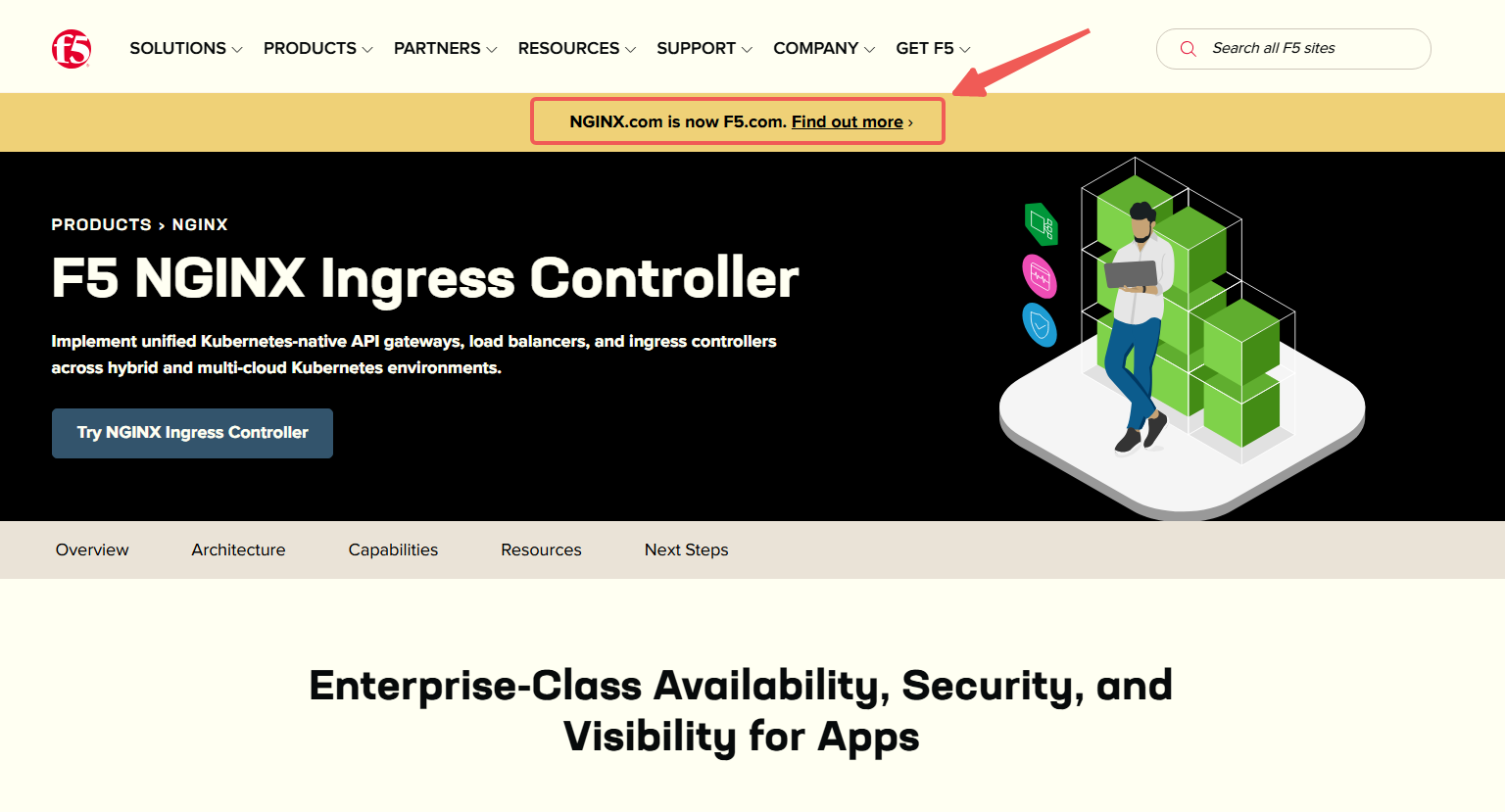ingress-nginx is not the same as nginx ingress
Categories:
After two weeks of reading documents, I finally realized that Ingress-Nginx and Nginx Ingress are not the same thing; they differ in functionality as well as implementation. There are even documents guiding the migration.
- Migrating from the Ingress-NGINX Controller to the NGINX Ingress Controller
- NGINX Ingress Controller
- Ingress-NGINX
Ingress-NGINX is the community edition with more participants and a greater number of search results. NGINX Ingress is the commercial edition, richer in features but with lower community participation.
According to Deploy with NGINX Ingress Controller - Overview
NGINX Ingress Controller can be used for free with NGINX Open Source. Paying customers have access to NGINX Ingress Controller with NGINX Plus. To deploy NGINX Ingress Controller with NGINX Service Mesh, you must use either:
Open Source NGINX Ingress Controller version 3.0+ NGINX Plus version of NGINX Ingress Controller Visit the NGINX Ingress Controller product page for more information.
You can use NGINX Ingress Controller for free via NGINX Open Source, while paying customers can access it through NGINX Plus.
Additionally, the Nginx commercial edition’s official website has moved to www.f5.com
The Nginx Ingress Controller product page is https://www.f5.com/products/nginx/nginx-ingress-controller

This May 2021 blog post compared their differences: There are two Nginx Ingress Controllers for k8s. What?
| Aspect or Feature | kubernetes/ingress-nginx | nginxinc/kubernetes-ingress with NGINX | nginxinc/kubernetes-ingress with NGINX Plus |
|---|---|---|---|
| Fundamental | |||
| Authors | Kubernetes community | NGINX Inc and community | NGINX Inc and community |
| NGINX version | Custom NGINX build that includes several third-party modules | NGINX official mainline build | NGINX Plus |
| Commercial support | N/A | N/A | Included |
| Implemented in | Go/Lua (while Nginx is written in C) | Go/Python | Go/Python |
| Load balancing configuration via the Ingress resource | |||
| Merging Ingress rules with the same host | Supported | Supported via Mergeable Ingresses | Supported via Mergeable Ingresses |
| HTTP load balancing extensions - Annotations | See the supported annotations | See the supported annotations | See the supported annotations |
| HTTP load balancing extensions – ConfigMap | See the supported ConfigMap keys | See the supported ConfigMap keys | See the supported ConfigMap keys |
| TCP/UDP | Supported via a ConfigMap | Supported via custom resources | Supported via custom resources |
| Websocket | Supported | Supported via an annotation | Supported via an annotation |
| TCP SSL Passthrough | Supported via a ConfigMap | Supported via custom resources | Supported via custom resources |
| JWT validation | Not supported | Not supported | Supported |
| Session persistence | Supported via a third-party module | Not supported | Supported |
| Canary testing (by header, cookie, weight) | Supported via annotations | Supported via custom resources | Supported via custom resources |
| Configuration templates | See the template | See the templates | See the templates |
| Load balancing configuration via Custom Resources | |||
| HTTP load balancing | Not supported | See VirtualServer and VirtualServerRoute resources | See VirtualServer and VirtualServerRoute resources |
| TCP/UDP load balancing | Not supported | See TransportServer resource | See TransportServer resource |
| TCP SSL Passthrough load balancing | Not supported | See TransportServer resource | See TransportServer resource |
| Deployment | |||
| Command-line arguments | See the arguments | See the arguments | See the arguments |
| TLS certificate and key for the default server | Required as a command-line argument/ auto-generated | Required as a command-line argument | Required as a command-line argument |
| Helm chart | Supported | Supported | Supported |
| Operator | Not supported | Supported | Supported |
| Operational | |||
| Reporting the IP address(es) of the Ingress controller into Ingress resources | Supported | Supported | Supported |
| Extended Status | Supported via a third-party module | Not supported | Supported |
| Prometheus Integration | Supported | Supported | Supported |
| Dynamic reconfiguration of endpoints (no configuration reloading) | Supported with a third-party Lua module | Not supported | Supported |